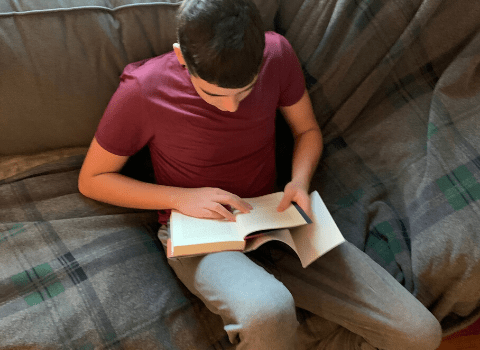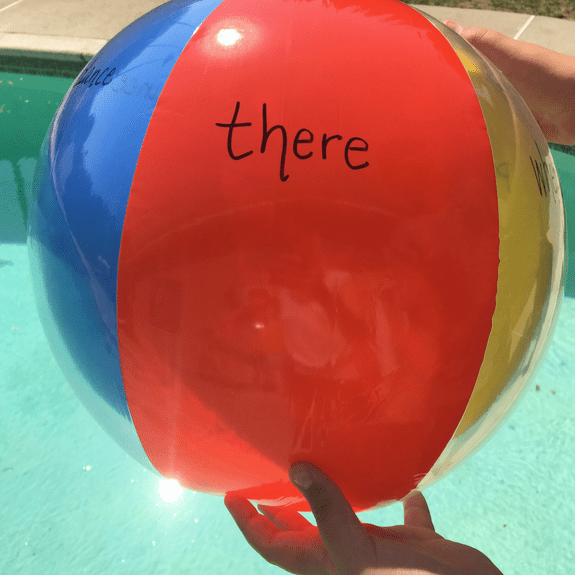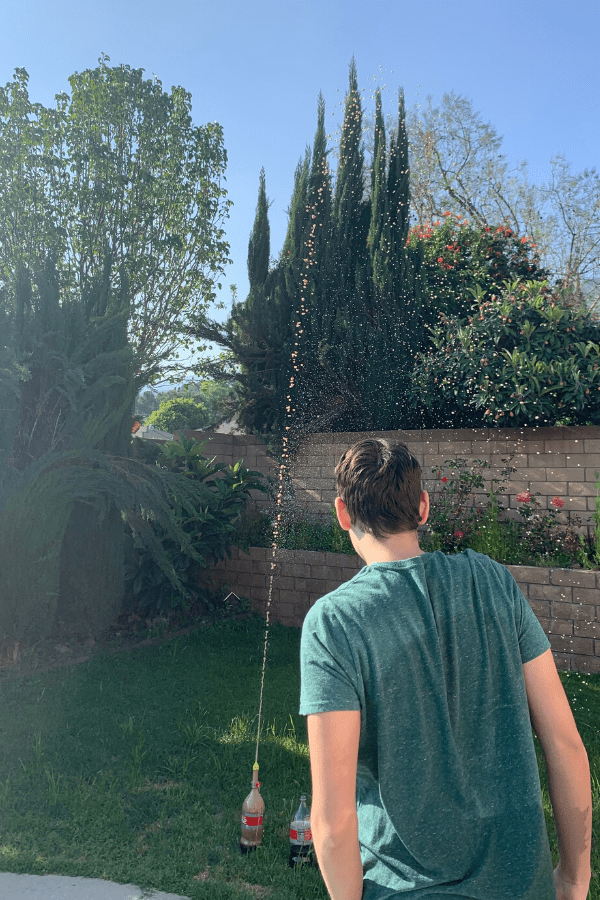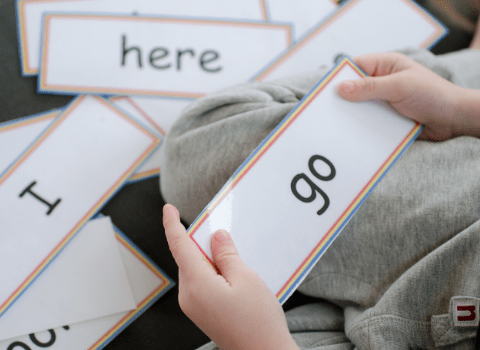Summer and the struggling reader
Written by Shawna Wingert of Different by Design Learning
It’s June.
The end of another school year. The beginning of summer.
For my family, it means transitioning to a “summer learning plan.”
At least that’s what it means for us this year. The truth is, in past years, summer was a less than ideal season in our homeschool, especially for my struggling reader.
After hearing the same from more than one mom in my homeschool support sessions, I realize now that it was not just me.
Summer can be stressful when you are homeschooling a struggling reader.
Looking back, I can see why summer was always such an anxiety producing time for me and my son.
I was worried about the “summer slide.” Would he forget the little progress we made this year? Should I use the summer to only focus on reading and help him finally master those sight words? Will he be able to move up a level in his reading program next year if I don’t take action all summer?
My son’s experience of summer was even worse. His mom now required him to do more of something that was a constant struggle.
Summer became synonymous with more reading practice and was not at all what either of us wanted.
I knew it was not working, but I worried and wondered what we should do instead. Even worse, we never really made much progress anyway, no matter how hard I pushed.
A resistant, anxious learner always learns a lot less. I knew this, but struggled with what to do next.

Summer and the Struggling Reader
In a moment of inspiration, or maybe desperation, I made the decision a few summers ago to completely change my approach. With every subsequent summer, I have found more and more success in helping my struggling reader.
Here’s how.
1. Add movement to reading.
For any struggling learner, movement can help with learning.
Whether a child needs sensory input, or his/her brain needs a little extra movement to get the synapses flowing, studies have shown over and over again that moving the body while learning makes a difference in overall comprehension and retention.
I have found this to be true for my son, especially with reading. The good news is, summer lends itself to far more outdoor activities that make learning fun.
We’ve created “water balloon flashcards” where I write sight words on water balloons in a bucket. He picks each one up, reads it and throws it at a target (or me if we decide to duel). I have also written practice sounds and words on a beach ball and we throw it back and forth to each other in the pool.
Adding movement to reading practice makes it far more fun and engaging. It’s a bonus that it is also so much more effective.

2. Make it even more interest-led.
Although we practice an eclectic, interest-led approach all year long, we really lean in for the summer. One year, we did an entire “Summer at Hogwarts” with all Harry Potter based learning activities and reading practice. This summer, my boys have opted to do only science and history projects of their own choosing.
By turning up the level of interest, I find my son has even more opportunities to practice reading throughout the summer than he would with me pulling out the old flashcards. And, because he is so motivated, I find he is able to make more progress as well.
3. Focus on strengths.
When our children struggle with a certain subject, it’s easy to get super focused on what’s not working. (I am the queen of freaking out and deciding to do a whole new reading program because my child couldn’t read the word “the” in our book. Take my word for it.)
The problem is, when we are focused on the area of struggle, we lose sight of our kids’ natural talents and strengths. Not only is this a little sad, it also gets in the way of helping our children learn.
When I homeschool to my child’s strengths, it not only builds his confidence as a learner, it teaches him how to learn in general. For the struggling reader, this is critical to overall success.
Incorporating what my child naturally excels at into our summer learning not only supports his reading ability, it gives him a sense of mastery and capability across all tasks and subjects.

4. Have fun!
As I look at this list, I realize this is pretty much what I have found makes a difference in our learning all year long. The only difference is that in summer, we do it at pool, sometimes with snacks, and it’s a lot more fun!
Yes, my child is a struggling reader, but he is a child first. I want him to have the same fond memories of summer that I do and support his reading skills at the same time.
The good news is, we are planning to do just that. I hope you will too.
What are your best ideas for summer reading practice?
What’s Your Homeschool Mom Personality? Take Jamie’s quiz now and receive a free personality report to help you organize your homeschool based on what your personality type needs most!

